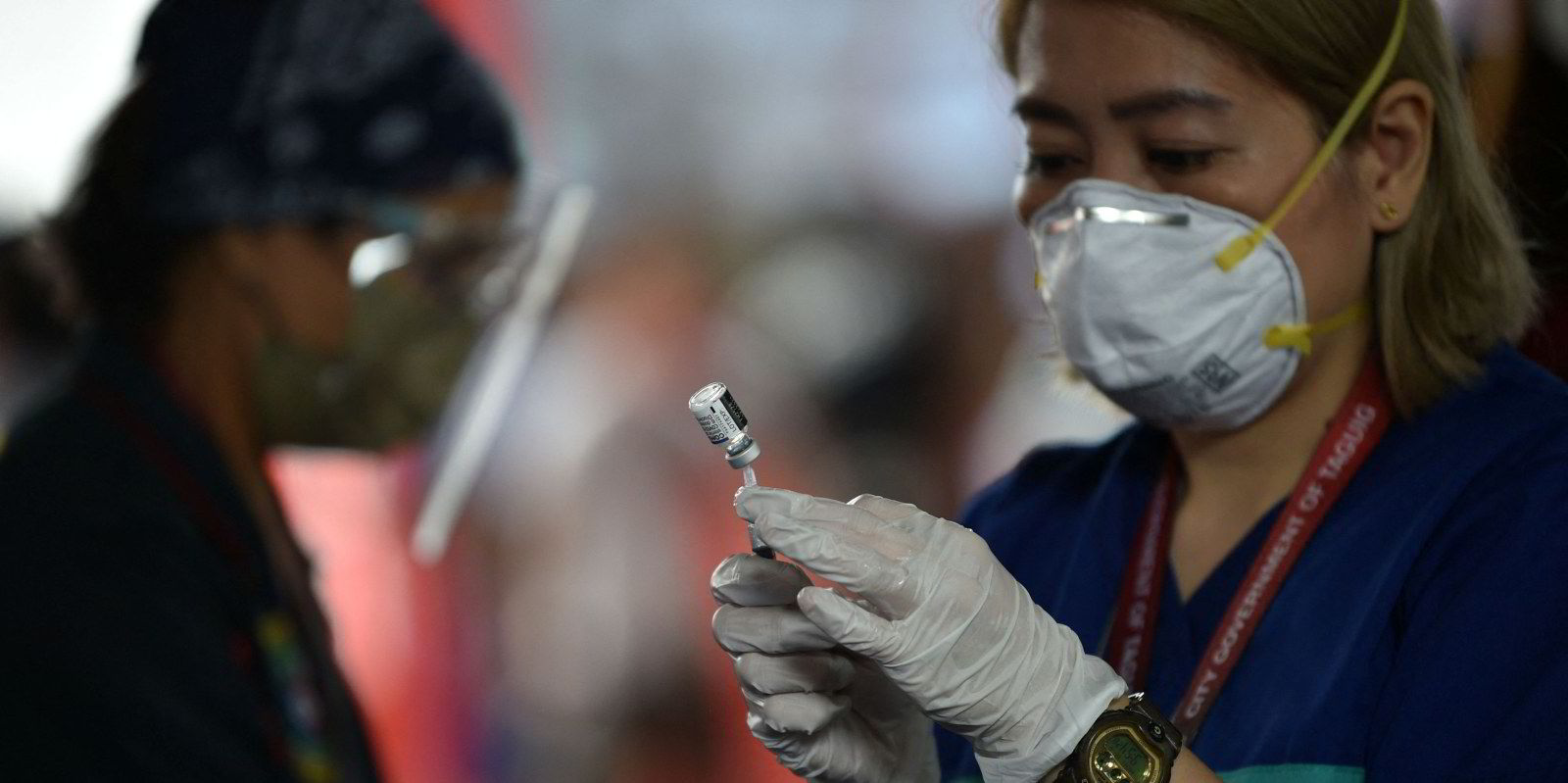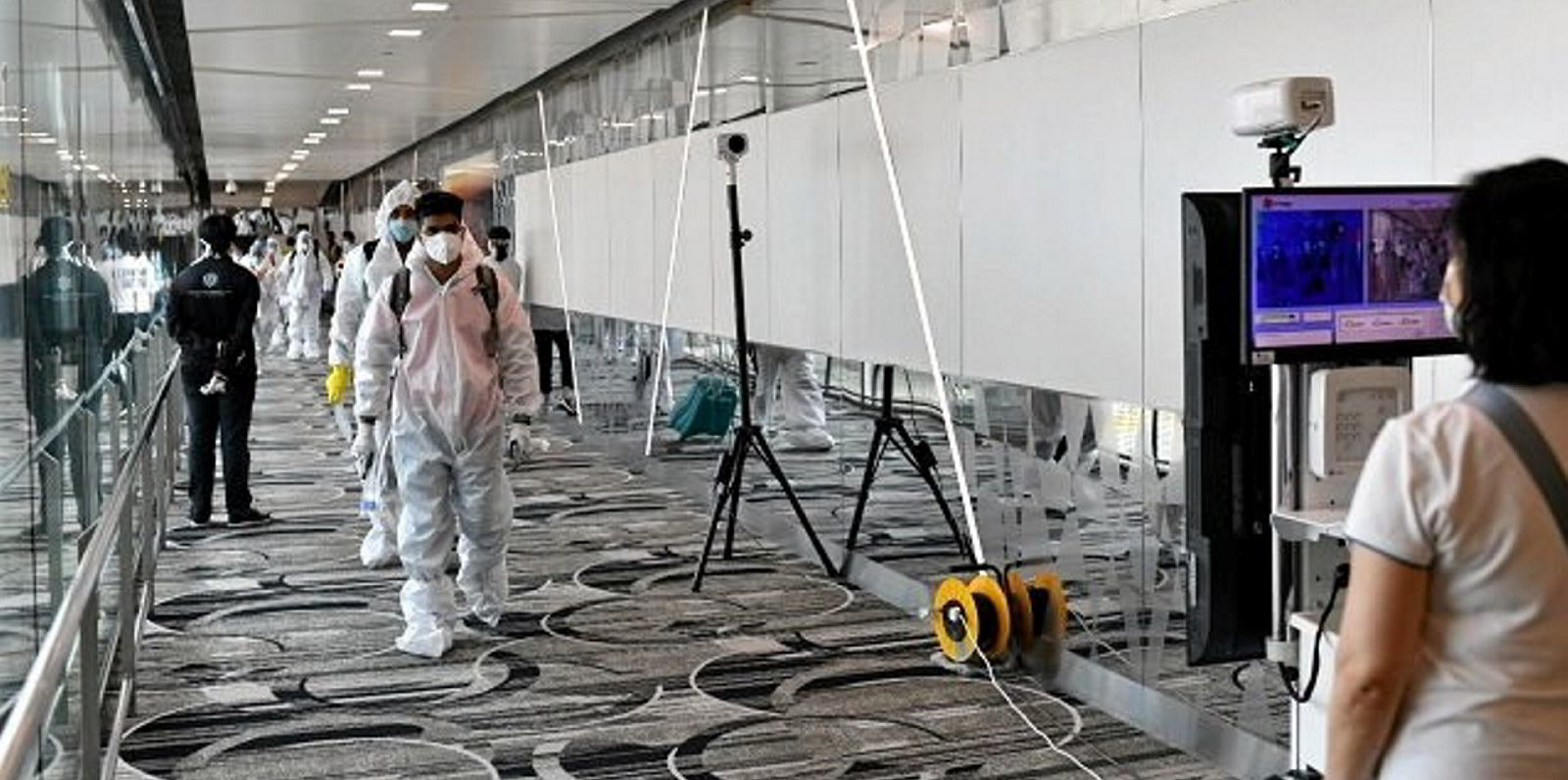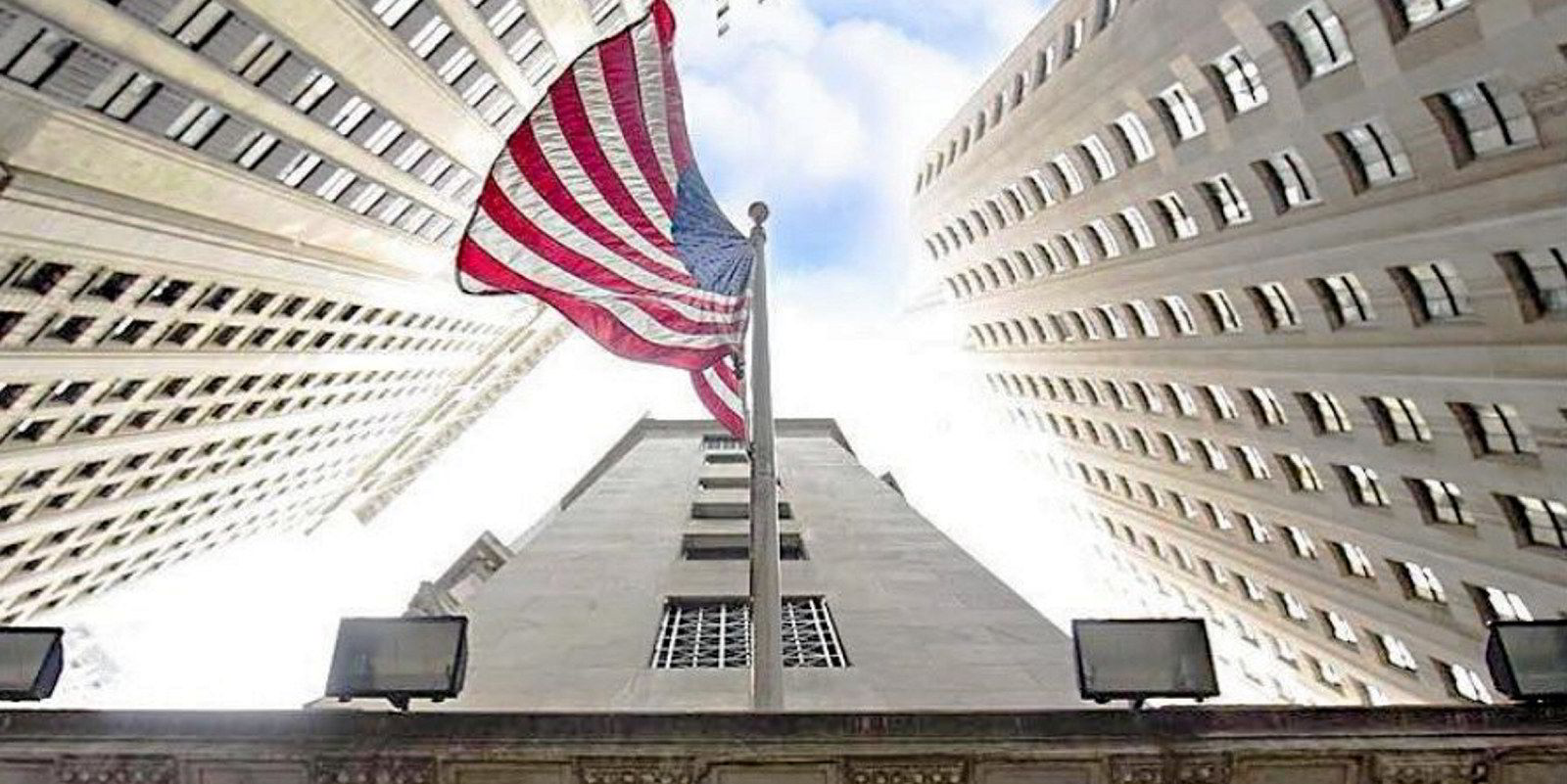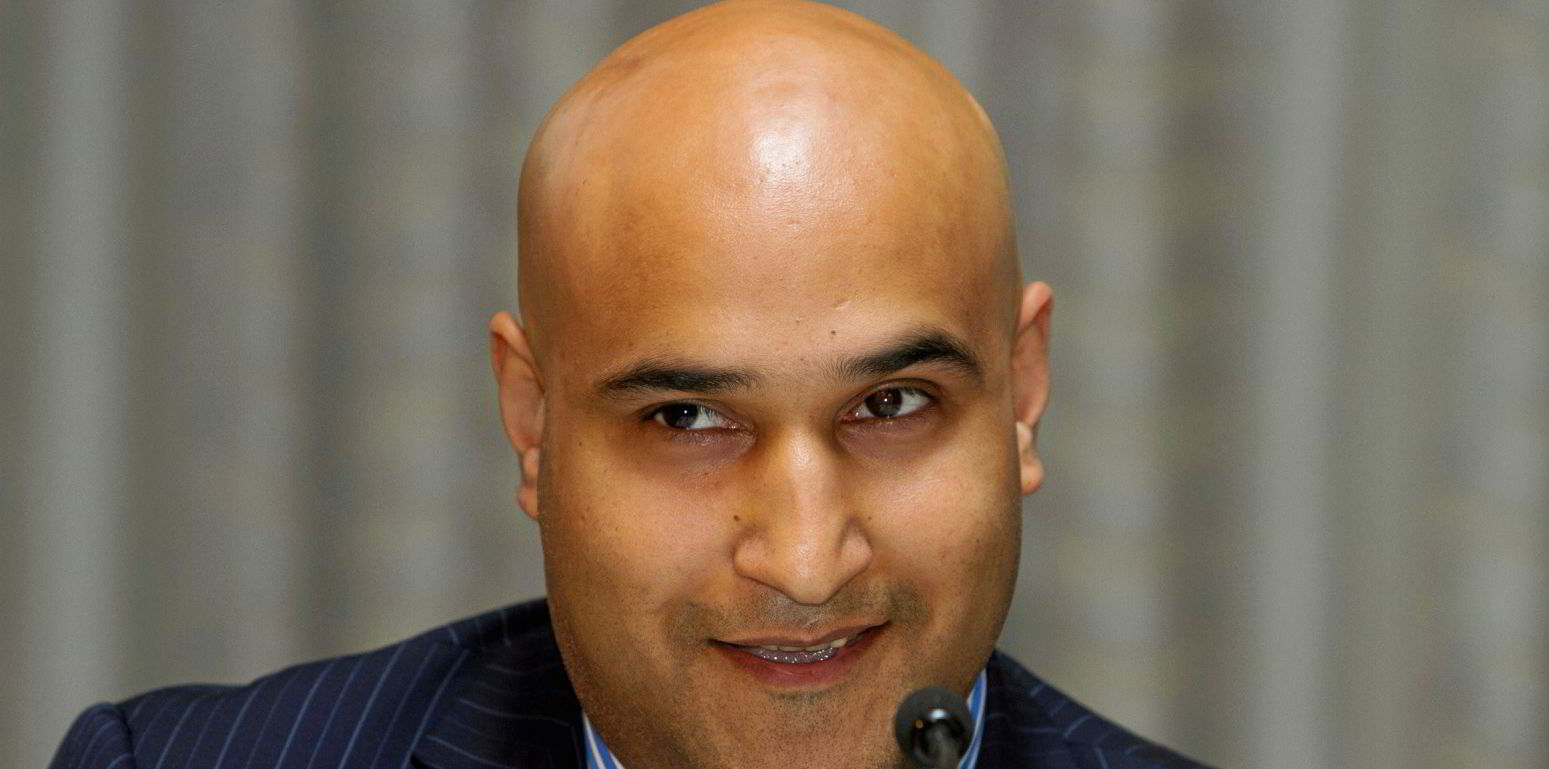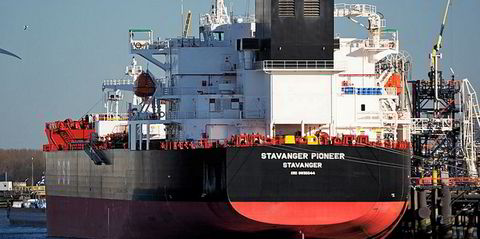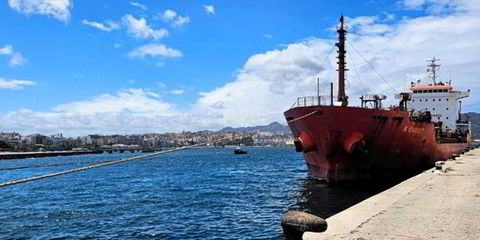This weekend, I stood in an aisle of my local supermarket, pointed my phone at a QR code on the wall, and within seconds I was signed up for a Covid-19 booster shot a few days later, just minutes from my house.
It wasn't as easy as buying a gallon of milk, but it was pretty darn easy.
After what has been nearly two difficult years for seafaring, for many seagoing workers that want to be vaccinated, the barriers remain high, though progress has been made.
If there is anything that the emergence of the Omicron variant tells us, it is that this pandemic is not going away any time soon.
There have been so many variants that the Greek alphabet may soon need more letters, and it remains unclear how this latest mutation of the coronavirus will respond to vaccines.
Omicron's emergence should also serve to highlight the inequalities in access to the vaccine as developed nations such as the US, UK and Germany race to provide booster shots at a time when poorer nations, including those that supply seafarers to the world, are still far behind in efforts to provide vaccines to their populaces.
According to the Neptune Declaration, the 10 leading ship managers report that 49.5% of their seafarers are fully vaccinated, a significant increase on the 41% reported in November.
That is better than the global average of 46%, according to the New York Times Vaccine Tracker, but it lags behind the US, UK and European Union, among other developed nations.
Limited data
But it is also likely not reflective of the global situation, as the Neptune Declaration figures come from a pool of just 90,000 of the world's 1.6m seafarers.
"The calculated percentage of seafarers who have been vaccinated is likely to overestimate the actual proportion of vaccinated seafarers," said the Global Maritime Forum, which collects the data.
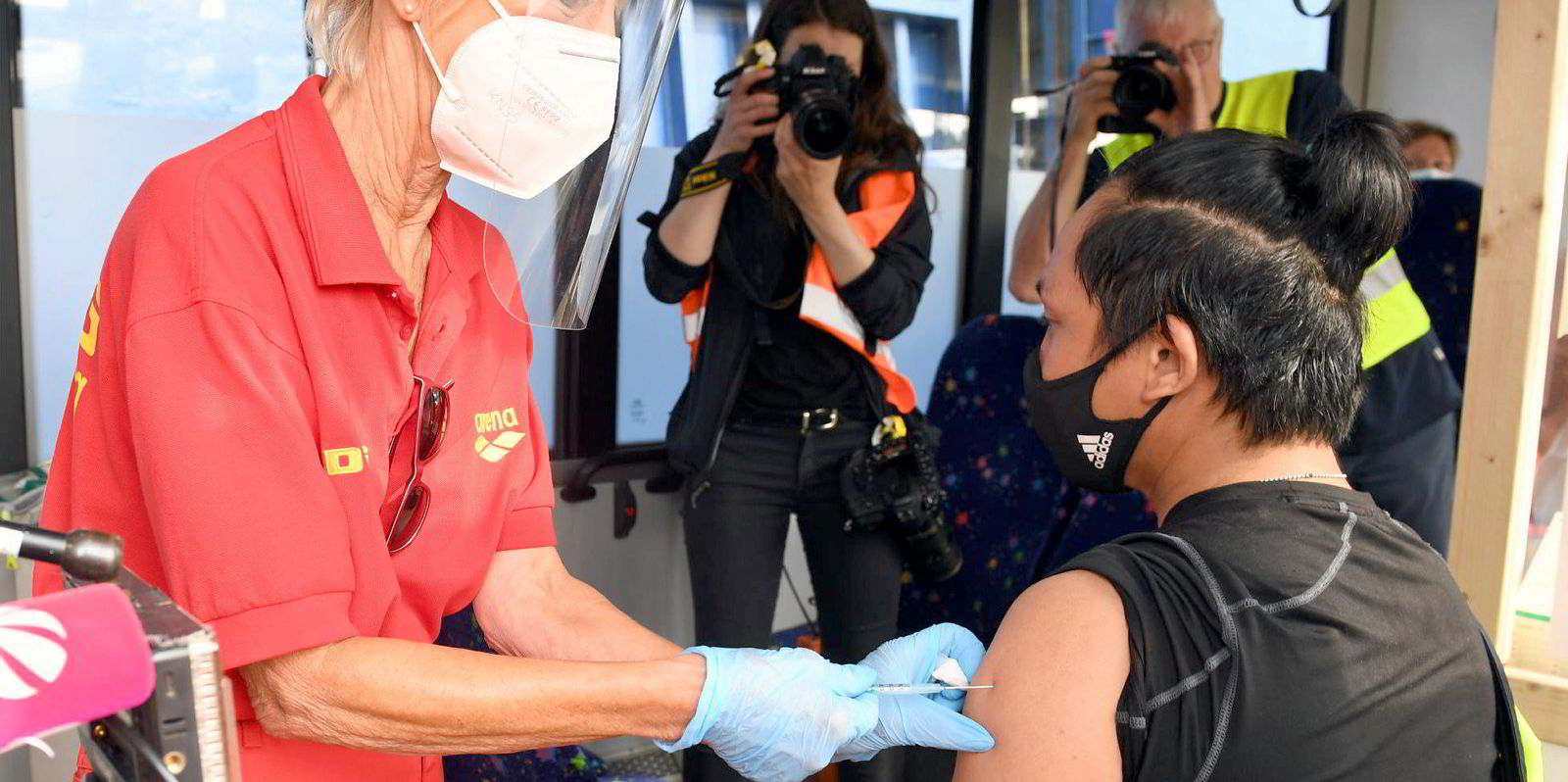
While there are many unanswered questions about Omicron, it brings a number of risks for seafarers: measures to slow its spread might rollback improvements in the ability for crew change, unvaccinated people are more exposed and demand for booster shots may actually lead to less vaccine access for seafarers.
Yet, their situation remains outside the spotlight at a time when the congested supply chain has been in the news, particularly in the US.
"The challenge with that is that seafarers, as we painfully know, we need the supply chain to keep running and vaccination of seafarers is critical to the supply chain," said North American Maritime Ministry Association executive director Jason Zuidema, whose organisation has been involved in providing vaccines to seafarers.
But in some countries, the rush to provide booster shots to local populations has led to fewer vaccinations available to seafarers.
There are other signs of progress, with widespread access to seafarers in the cruise sector and in some seafaring nations, though the Philippines, Indonesia and India are still well behind the global average.
Also, more ports of call are providing vaccines, with Panama recently starting to vaccinate seafarers on ships that fly its flag and Singapore providing 12,000 doses to seafarers.
But ship managers reported that, in addition to supply challenges, vaccine hesitancy by seafarers that do have access to a jab is also impacting inoculation rates.
Many seafarers have elected, where it was available, the Johnson & Johnson vaccine because they could be considered fully vaccinated with just one dose.
But now US officials are recommending a booster shot after just two months.
Seafarers, however, are finding challenges in gaining access to booster shots, and the Neptune Declaration report suggests this difficulty will increase.
In other cases, seafarers who have been jabbed have encountered trouble when the vaccine they have received is not recognised for international travel.
Zuidema pointed out that vaccinations that have taken place, amid challenging logistics, have involved the efforts of many people.
"When most now are thinking about booster shots, remember that huge numbers of seafarers are thinking about first doses of the vaccine. As we all give gifts to each other in the holiday season, a big gift could be a vaccination," he said.
How? By donating to your local seafarers centre or volunteering.
"The person that is reading [this] article right now could be the difference between a seafarer getting a vaccine and not getting a vaccine," Zuidema said.
He's talking to you.
